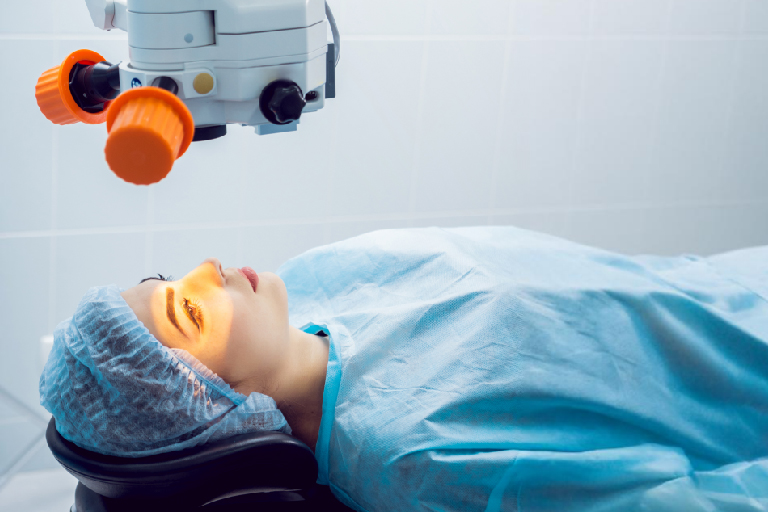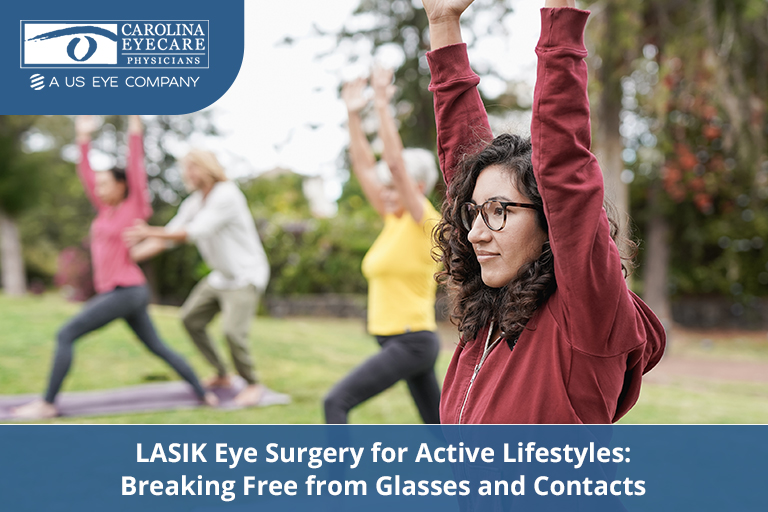At Carolina Eyecare Physicians, we are committed to serving Charleston, South Carolina’s eye care needs and surrounding areas, including Ladys Island, West Ashley III, Nexton, Moncks Corner II, and Murrells Inlet, SC, USA. Our dedication to our patients drives us to stay at the forefront of advancements in laser eye surgery.
Here, we are pleased to share some of the latest developments in the field and their potential benefits for our patients.
Customized Patient Treatment Through Better Diagnostics
WaveFront technology represents a significant advancement in LASIK treatment & LASIK vision correction diagnostics.
This innovative tool generates a detailed 3D map of the eye, enabling the correction of lower-order aberrations, such as nearsightedness, farsightedness, and astigmatism, and higher-order aberrations that affect visual quality, such as contrast sensitivity and night vision.
The laser adapts the treatment based on this map, creating a highly individualized LASIK eye surgery treatment plan for each patient.
Improved Vision Clarity Through Advanced Techniques
Irregularities, scars, and other abnormalities on the corneal surface can cause distorted vision and reduced visual clarity. Besides the well-known LASIK procedures, Carolina Eyecare offers several advanced laser eye surgery techniques for complete vision correction.
Epi-LASEK
Epi-LASEK is ideal for patients with thinner corneas or who are unqualified for traditional LASIK. This innovative technique combines the benefits of PRK with the faster recovery time associated with LASIK.
The procedure involves using a precise mechanical device called an epikeratome, which gently separates the epithelial layer from the underlying corneal stroma without alcohol. The epithelial layer is then carefully repositioned after the laser treatment.
Epi-LASEK can ease discomfort and streamline the healing process by preserving the epithelium, potentially lowering the risk of haze formation.
Refractive lens exchange (RLE)
Refractive lens exchange (RLE) is an advanced surgical procedure tailored for individuals with severe refractive errors or presbyopia. This option is especially beneficial for those who aren’t ideal candidates for traditional LASIK due to thin corneas or extreme prescriptions.
During RLE, the eye’s natural lens is replaced with an artificial intraocular lens (IOL). This surgery can heighten visual clarity, eliminating glasses or contact lenses for both near and distance vision.
The artificial lenses used in RLE, like multifocal or accommodating IOLs, offer a range of focal points for clear vision at various distances. An added advantage of RLE is its ability to address or prevent cataracts for long-term eye health. Many patients who opt for RLE experience noticeable improvements in their quality of life and enjoy the freedom of clear vision without the dependency on corrective eyewear.
Intra-Corneal Implants
Intra-corneal implants are an advanced option for correcting mild to moderate myopia, providing a viable alternative to LASIK. The procedure involves inserting small, biocompatible ring segments into the cornea’s middle layer. The implants reshape the corneal curvature to improve light focus onto the retina, thus enhancing vision clarity.
This method requires low tissue removal, making it suitable for patients with thin corneas. The surgery is performed under local anesthesia, with a quick recovery period and clear visual improvements experienced shortly after. The implants are also removable and adjustable, allowing for future modifications if necessary.
The Implantable Contact Lens (ICL)
The Implantable Contact Lens (ICL) procedure offers a reversible option for those with moderate to severe nearsightedness. Unlike regular contact lenses, ICLs are surgically placed inside the eye, between the iris and the natural lens, without changing the cornea’s shape. This makes ICL ideal for patients who can’t undergo LASIK due to thin corneas or high prescriptions.
The lens used in ICL surgery is made from biocompatible Collamer, a material naturally compatible with the eye, lowering the chance of adverse reactions. A small incision is made to insert the flexible ICL during the procedure. The surgery is minimally invasive and typically performed under local anesthesia for a quick recovery.
A valuable benefit of ICL surgery is its reversibility; the lens can be removed or replaced for long-term flexibility. Patients usually see an immediate improvement in vision clarity after the surgery, which lowers their dependence on glasses or contact lenses. However, patients should always discuss the potential risks and benefits with a healthcare provider before proceeding.

Find the Right Treatment For You
Selecting the appropriate treatment depends on finding a provider you trust. With over 30 years of experience, Carolina Eyecare Physicians is well-equipped to identify and recommend the best solutions for our patients.
Schedule your LASIK eye surgery consultation today to determine if one of these new treatments is right for you.
For more information about our services in Ladys Island, West Ashley III, Nexton, Moncks Corner II, and Murrells Inlet, SC, USA, visit our pages on LASIK vision correction and laser cataract surgery with one of our cataract specialists.
**The information provided in this blog on emerging trends in laser eye surgery is for general informational purposes only. Remember to seek advice from a qualified eye care professional with any questions you may have regarding your specific medical condition or treatment options.**





















